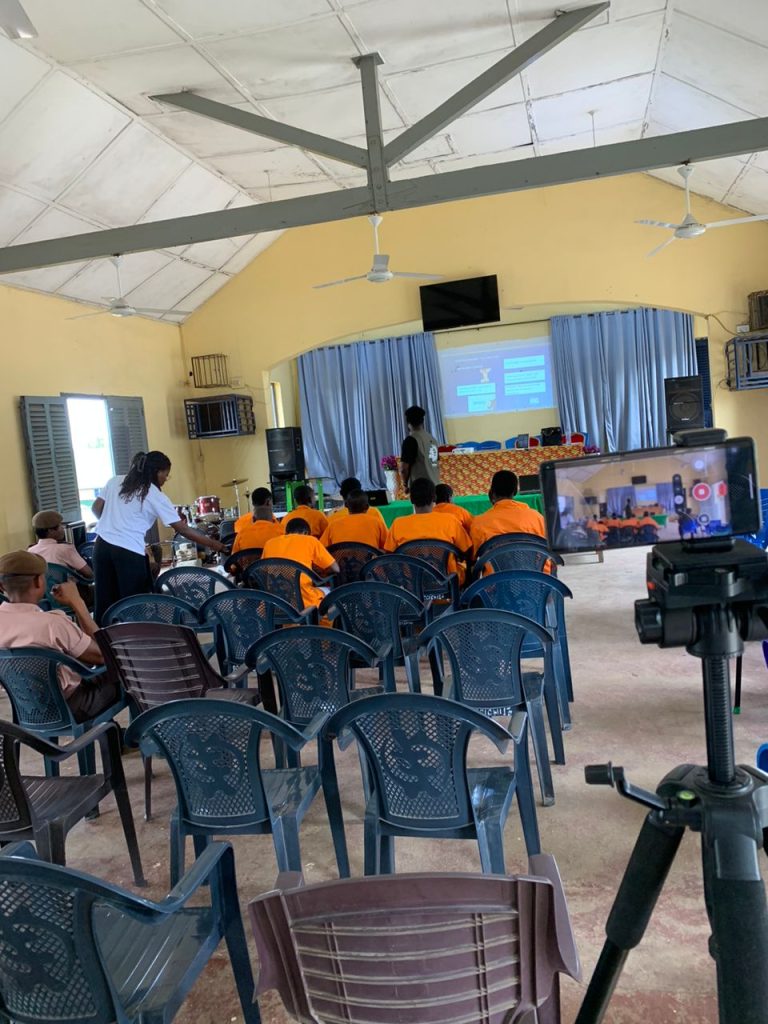Digital Literacy for a New Narrative: Training Inmates at the Senior Correctional Center

On Wednesday, 10th September 2025, we at Reduce Recidivism Ghana continued our mission to minimize reoffending by organizing a digital literacy workshop at the Senior Correctional Center in Dzorwulu, Accra. This initiative is part of our broader commitment to rehabilitation, reentry support, and skills development for juveniles in Ghana’s correctional facilities. The session was facilitated by Tracy Frimpong, Everloving Owusua Apenteng, and Oheneba Poku Boakye, and focused on a theme that shapes both individuals and institutions: branding. For the 15 inmates and 6 prison officers present, the workshop redefined what branding really means. We taught participants that branding is not just about logos, designs, or flashy visuals. It also includes copyrights, trademarks, and the less visible elements that make a person, product, or organization uniquely identified. To bring this to life, we used the familiar example of Pepsodent in Ghana. Although Pepsodent is one specific brand of toothpaste, its name has become so strong in the public mind that many people use it as a generic word for toothpaste, even when buying another brand like Colgate. This example highlighted the power of branding in shaping everyday choices. More Than Digital Skills The session was hands-on and interactive. Participants were introduced to Canva, a digital design platform, and practiced creating complementary cards and flyers. Some familiar faces from our previous soap-making and afterwash workshop joined in again, showing enthusiasm and consistency in their learning journey. But this workshop was about more than just digital design. Just as companies use branding to reshape public perception, we believe it is time to rebrand correctional facilities and inmates themselves. Too often, society views prisons only through the lens of crime and punishment such that often inmates are defined solely by their past mistakes. At Reduce Recidivism Ghana, we are committed to documenting our experiences with correctional facilities and sharing the talents and progress of inmates. In doing so, we hope to change the public narrative — from stigma to transformation, resilience, and potential. As an organization, we recognize that this vision requires sustainable support. During this workshop, our facilitators relied on their personal laptops, which highlights the urgent need for better resources. Many corporate organizations in Ghana regularly phase out older IT equipment — computers, laptops, and accessories that could still serve a great purpose. By donating such equipment, partners can help us establish digital labs in correctional facilities, giving young people the opportunity to build essential digital and creative skills. Beyond empowering inmates, this kind of support directly advances corporate social responsibility (CSR) goals and leaves a meaningful social impact that extends far beyond prison walls. We extend a call to action to corporate bodies, NGOs, and stakeholders: partner with us in this mission. Together, we can provide inmates with the tools to rewrite their personal stories, reduce recidivism in Ghana, and build safer, stronger communities. At Reduce Recidivism Ghana, we believe prisoners matter. Every young person deserves the chance to be seen, heard, and to rebrand for the future.
About the Founder

Tracy Frimpong A passionate Ghanaian lawyer with a deep commitment to human rights and criminal justice reform. Called to the Bar in 2024, Tracy’s legal practice and advocacy are driven by a vision of a just society—one where human dignity is upheld, and crime prevention is tackled through both legal and social interventions. Her journey into reformative justice was ignited after witnessing the conviction of an 18-year-old girl. This pivotal moment moved her to explore solutions beyond the courtroom that address the root causes of crime, especially among the youth. In response, she founded the ‘Reduce Recidivism Ghana’ initiative—an innovative vocational skill training program aimed at empowering young offenders with practical skills to facilitate their reintegration into society post-incarceration. By equipping them with tools to build sustainable livelihoods, the program seeks to break the cycle of crime and unemployment that often traps ex-offenders. Tracy has conducted several training sessions at the Junior Girls Correctional Center in Accra, awarding certificates to inmates who successfully completed the program. She is currently running another skill training cycle as part of her ongoing mission to create second chances and amplify rehabilitation efforts in Ghana. Her work stands as a testament to the role of young legal professionals in reshaping Ghana’s criminal justice system—one rehabilitated life at a time.

